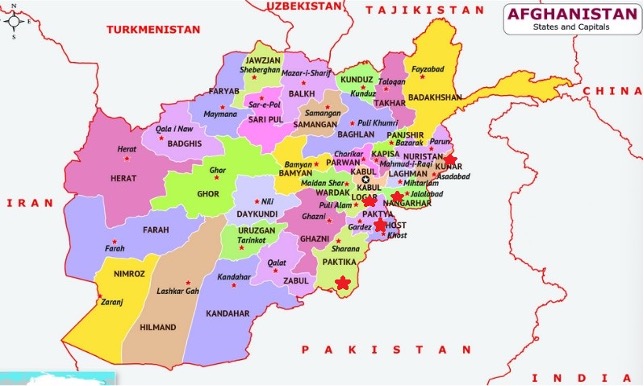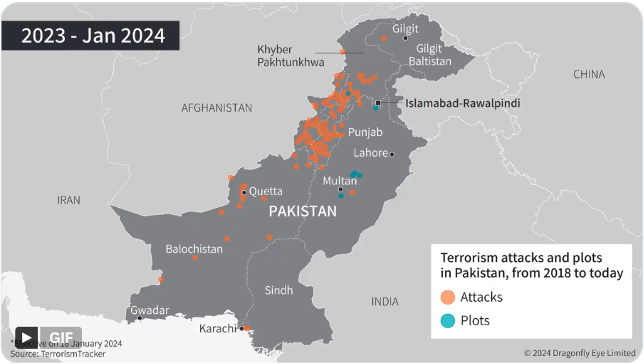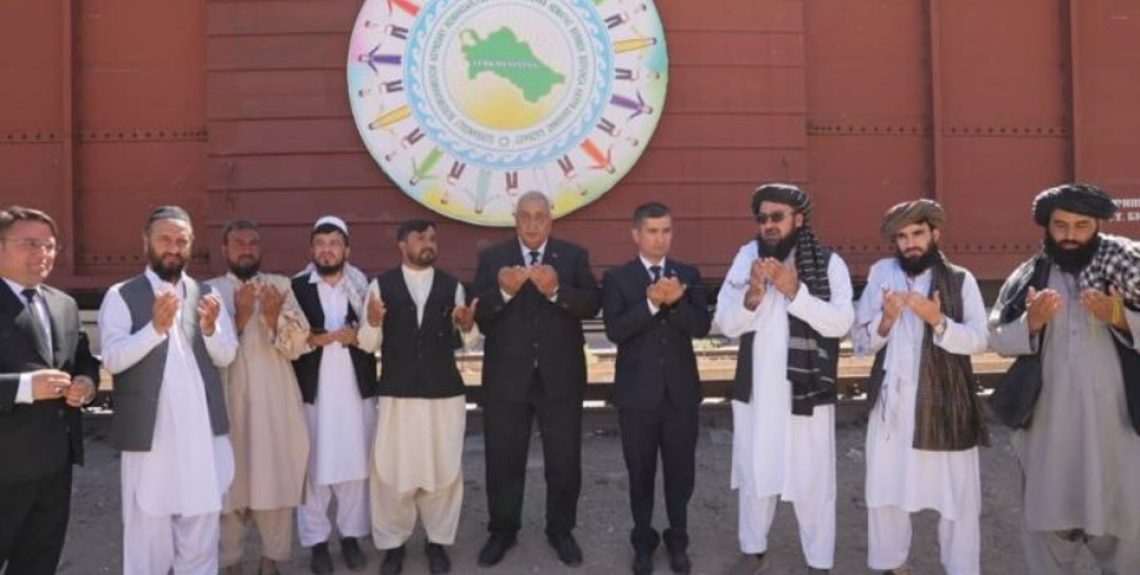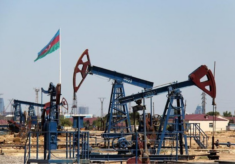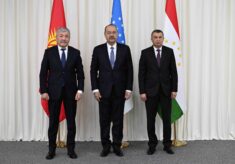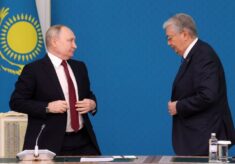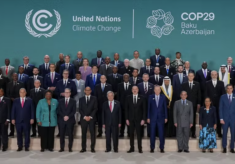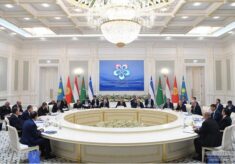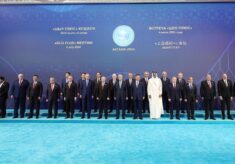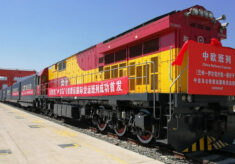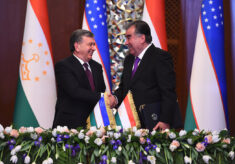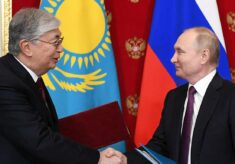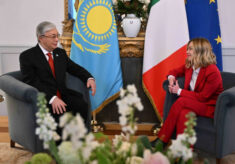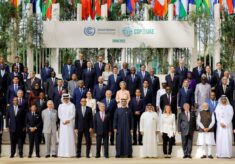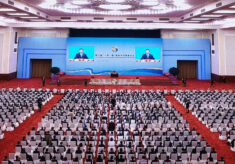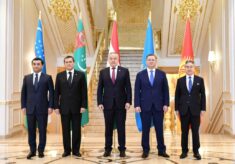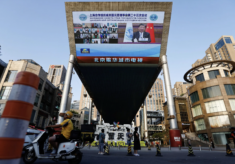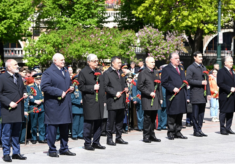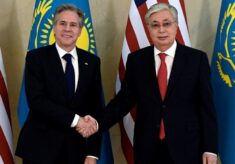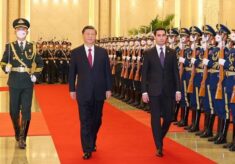After nearly 30 years, the realisation of the TAPI project (a gas pipeline conceived to deliver gas exports from Turkmenistan to India and Pakistan markets crossing Afghanistan’s territory) has been revamped following the inauguration ceremony – held along the shared border – for the start of works of the Afghan section of this energy route.
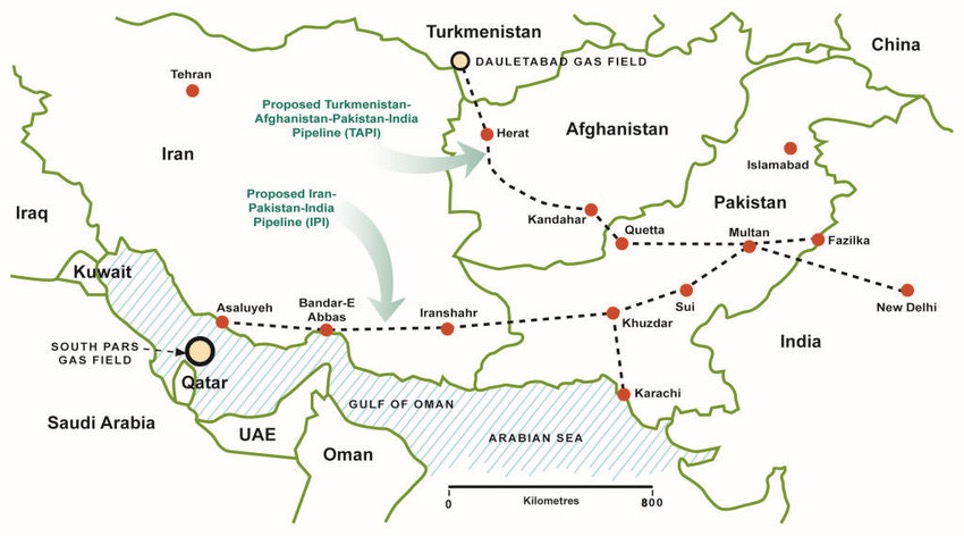
The presence of Turkmen leadership – namely the current Turkmen President Serdar Berdymukhamedov and his father Gurbanguly Berdymukhamedov, former president and at present chair of Turkmen People’s Council – and Afghan-Taliban Prime Minister at the ceremony confirms the strategic relevance of TAPI gas corridor, which would allow Turkmenistan to diversify gas export routes, reducing the reliance on Chinese and Russian markets, accounting for more than 90% of Turkmen gas exports (Energy Institute, Statistical Review of World Energy 2024, p. 45). Furthermore, the strategic need to open an alternative export route is emphasized by the ongoing difficulties to develop an east-west energy route – shipping Turkmen gas to the EU through the Southern Gas Corridor – which appears unrealistic due to Russian and Iranian opposition towards any Trans Caspian underwater energy infrastructure, while the “swap deals” with Iran and Azerbaijan are too limited (nearly 2 billion cubic metres – bcm – of exports both) to boost the westward route of energy exports. Through TAPI pipeline Turkmenistan would export 33 bcm of natural gas per year (extracted from the Galkynysh giant field) – along a 1.800 km corridor crossing Afghanistan (Herat and Kanadahar in the South) then reaching Baloochistan province in Pakistan and ending in Punjab, with an expected total cost of $10 billion. Pakistan and India will each purchase 42% of the gas deliveries, while Afghanistan 16%: in addition to 5 bcm of natural gas, Taliban could annually earn $500 million-$1 billion in transit fees, creating new jobs and boosting Taliban image as reliable partner engaged to improve regional interconnectivity (Afghanistan set to begin work on TAPI pipeline, The Hindu, September 15, 2024).
After this meeting, which underlines the promising dialogue between Turkmenistan and Taliban following their return in power in 2020, some of the constraints which affected TAPI project so delaying its realization (economic investments and security concerns) seem apparently solved. Ashgabat will finance the construction of the pipeline’s 150-kilometer segment connecting the border town of Serhetabat in Turkmenistan to Herat, Afghanistan, while Taliban have already pledged their commitment to provide security deploying a special military unit to protect the infrastructure from potential attacks of the Islamic State Khorasan Province terrorist group (Taliban ready to form special security unit for TAPI project, Report Az, January 22, 2023).
Nevertheless, Taliban’s concrete capacity to protect TAPI’s infrastructure has to be tested, while the high instability in the Baloochistan territory represents a serious additional threat to the security of supply, as well as the Indian-Pakistan persistent rivalries. For the time being, recent information on terrorist activities in both countries show that the Afghan area between Herat and Kandahar is relatively secure, while Quetta is a traditional terrorist base since decades, while the Multan-Fazil stretch is relatively peaceful.
